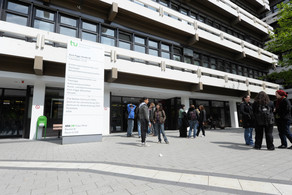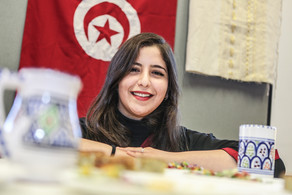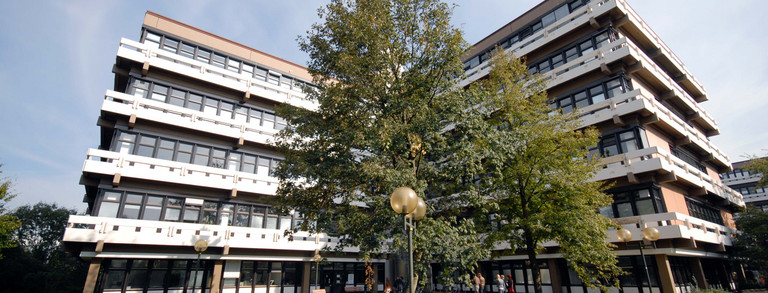Jan-Hendrik Herbst

E-Mail jan-hendrik.herbst@tu-dortmund.de
Phone (+49)231 755-3013
Postal address
Emil-Figge-Straße 50
44227 Dortmund
Deutschland
Campus address
Campus Nord
Emil-Figge-Straße 50
Room 2.305
Info
Jan-Hendrik Herbst is a research associate at the Institute of Catholic Theology at TU Dortmund University. He works at the Chair of Practical Theology and Religious Education. His teaching and research interests include civic education, the connection between ideology critique and religious education as well as problem-oriented religious education in relation to the religious education reform decade of 1968. His current research projects focus on political issues in religious education of young adults as well as the contributions of civic education with regard to a politically reflected religious education. Jan-Hendrik Herbst studied Catholic theology and mathematics at the University of Münster from 2009–2015 After his teacher training in Hamm from 2015–2017, he has now been working at the Institute since 2017.
Teaching and research area
- Critical theory of moral development and critical theory of education
- Practical school application of concepts such as TCI or Theatre of the Oppressed
- Democracy education and democratic learning
- Political dimension of religious education
- Religious education in public education
- Ideology critique and religious pedagogy
- Problem-Oriented Religious Education and Religious Education Reform Decade around 1968
Current research projects
- Political Issues in the Religious Education of Young People (Conference)
The public visibility and political explosiveness of religion has become increasingly clear in recent years. This circumstance also affects topics of educational practice in and out of school: ecology and economy or group-related misanthropy such as racism and anti-Semitism. Such topics do not only represent an object of religious education, they also affect the conditions of learning processes. A new look at these issues can reveal pitfalls and blind spots, but also potentials and perspectives, and thus productively advance concrete educational practice.
- Contributions of Democracy Education to a Politically Reflective Religious Education (Dissertation Project)
Democratic learning is currently virulent, which becomes clear, for example, in the mirror of current socio-political developments. Schools are assigned an interdisciplinary responsibility to promote democratic attitudes, because education creates the cultural prerequisites for democracy. It is necessary to implement democratic learning subject-specifically - similar to internal differentiation and language-sensitive teaching. In the research project, possibilities and limits are to be elicited for designing school religious education in a democratic pedagogical way. In particular, points of criticism of the pedagogy of democracy, which are voiced by political didactics and critical political education, will be taken into account and analyzed, which impulses they imply for a politically reflected pedagogy of religion.
Publications
You can find a detailed literature list here.




